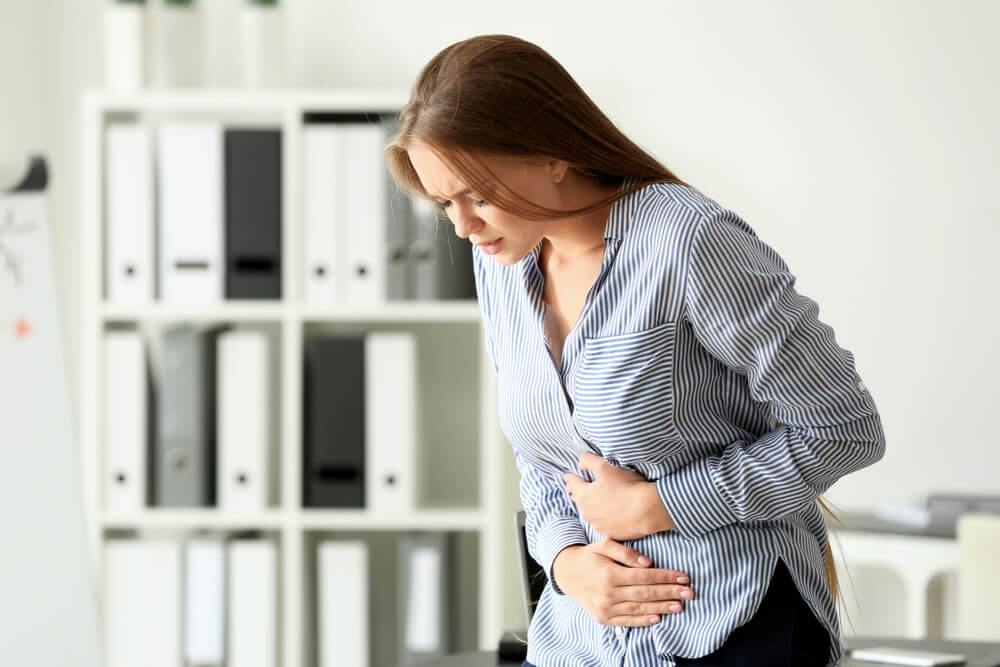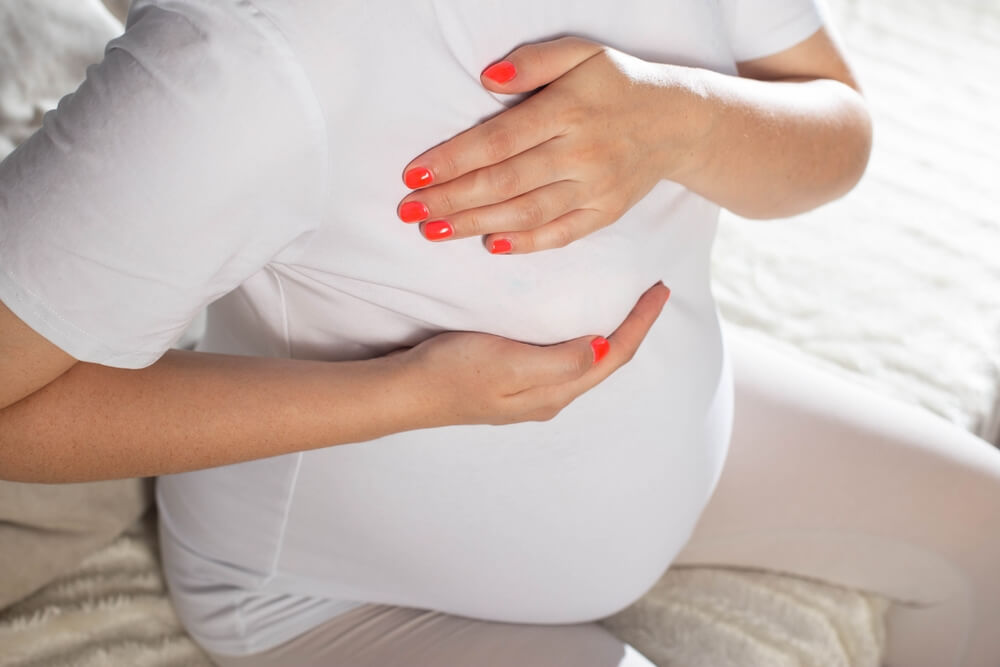It probably won’t surprise most female readers that hormones play a crucial role in women’s health during their lifetimes. Hormone levels typically fluctuate and will change during specific periods. They will be different during menopause, pregnancy, or menses.
These hormonal changes will also affect some physical characteristics in the body, meaning that hormonal changes may also show in the breast. The experts at Breast Care Center Miami and Pembroke Pines are quite aware of this and other phenomena, like the variety of symptoms these hormone imbalances may trigger.
It’s only essential that women understand the causes of hormonal changes and how these same hormonal changes can manifest in the breasts.
In this article, we’ll elaborate precisely on this topic. This way, concerned women can spot the changes that may need more attention, develop healthy habits and know when to seek help from their providers.
Causes of Hormone Changes
Hormones serve as chemical messengers within the body, playing a crucial role in various bodily functions. They travel through the bloodstream, impacting metabolism, energy levels, growth and development, mood, sexual health, and reproduction. Consequently, when a woman experiences an imbalance in hormone levels, whether it’s an excess or deficiency of a specific hormone in the bloodstream, it can lead to diverse symptoms that vary depending on the type of hormone involved.
Some of the causes of hormonal changes are natural and regular. Hormones will fluctuate throughout the menstrual cycle; they will change during pregnancy, and will hormonal levels generally undergo more profound changes during perimenopause and menopause.
On the other hand, hormonal fluctuations will depend on several other factors, as some medical conditions and even lifestyle habits will be able to cause short- or long-term changes.
The hormones that may primarily affect female health are the following:
- Estrogen and progesterone: These steroid hormones are vital in regulating reproductive processes, such as ovulation and menstrual cycles.
- Adrenaline: This hormone influences our stress response and triggers the fight-or-flight response in the body.
- Insulin: Produced by the beta cells in the pancreas, insulin assists in the management of glucose utilization within the body.
- Growth hormone (GH): In adults, GH stimulates protein production, aids in fat utilization and storage, and can impact blood sugar levels.
- Thyroid hormones: Produced by the thyroid gland, these hormones help control weight, regulate energy levels, and perform various other functions within the body.
The endocrine glands, such as the adrenal, thyroid, pituitary, pineal, thymus, and pancreas, along with women’s ovaries, are responsible for producing hormones in the body. Medical conditions that affect these glands can lead to hormone imbalances. Some examples of such conditions include diabetes, thyroid disorders, endocrine gland-related cancers or benign tumors, hereditary pancreatitis, and other similar conditions. Having these medical conditions increases the risk of developing hormone imbalances.

Hormone Changes in Your Breasts
As mentioned above, hormone levels will tend to fluctuate due to many factors, but the most active changes can be observed during a woman’s reproductive phases. Because of this, many women face a few misconceptions and might have questions such as “Does progesterone increase breast size?” and such.
Below, we’ll take a more thorough look at the effects of hormone changes in the breasts.
Menstrual Cycles
During menstrual cycles, the initial rise in estrogen production leads to breast swelling and tenderness in many women as the breast ducts enlarge. Additionally, consuming a high-fat diet and consuming a significant amount of caffeine can contribute to breast swelling.
Pregnancy
When a woman’s pregnant, her body will produce more progesterone and estrogen, which tend to increase the size of the breast and may lead to tenderness, so, does progesterone increase breast size? Yes, it does, but it may also cause nipple discharge and may lead to the formation of benign lumps in the breasts and bumps on the areolas.
Perimenopause
Breast changes in perimenopause will mostly show as breast soreness. It’s different from the tenderness that women experience during pregnancy and menstruation, as the pain is more pronounced. This is also due to the fluctuation of progesterone and estrogen. Some women may also experience changes in the shape and size of their breasts during perimenopause. Apart from that, women will probably also experience other symptoms like hot flashes, irregular periods, and vaginal dryness during this phase.
Menopause
As women enter menopause, there is a decrease in estrogen levels. Common symptoms of menopause include hot flashes, mood swings, night sweats, difficulty concentrating, and breast pain. After the onset of menopause, the risk of developing breast cancer starts to increase.
Post-menopause:
With the loss of glandular tissue, breasts may become smaller and more elastic, leading to a less firm appearance and texture. However, studies indicate that weight gain during menopause can cause the breasts to become larger.
Age, Hormones, And Breast Cancer
Unfortunately, breast changes in perimenopause, pregnancy, menopause, and post-menopause aren’t the only challenges women have to face.
The risk of developing breast cancer rises with age as our bodies undergo the natural aging process. During this time, our breasts become more vulnerable to genetic mutations, which can increase the likelihood of cancer. Furthermore, accumulating exposure to estrogen over a lifetime is believed to contribute to the development of cancer in certain women. It is also worth noting that the age at which a woman enters menopause can impact her risk of breast cancer.
Some women opt for HRT or hormone replacement therapy to ease their menopausal symptoms. Still, the problem is that there are still a few concerns that link HRT and breast cancer. There are studies out there that question whether HRT can directly increase the risk of developing breast cancer.
Still, the two major risk factors for this malignancy are aging and being a woman. This is why attending regular mammogram screenings at least from the age of 40 is essential.

Tackling Hormonal Changes
Aside from the symptoms associated with hormonal fluctuations during menstruation and menopause, various other hormone imbalances can lead to a diverse range of symptoms in women. Fortunately, many of these symptoms can be effectively managed through lifestyle adjustments and medications. The treatment options available depend on the specific hormones involved and the symptoms experienced. For example, hormone therapy involving estrogen and/or progestin replacement can alleviate menopausal symptoms for some women. Adopting healthy habits such as ensuring sufficient sleep, maintaining a nutritious diet, and engaging in regular exercise can also provide relief and support overall well-being.
Having a Proactive Approach is Essential
Breast changes are inevitable. Still, women should be up-to-date on their well-woman visits and annual screening. These can help you and your provider check not just for hormonal and breast changes but can also help keep track of any changes in your overall health.
That said, our experts in Pembroke Pines and Miami are here to give you guidance and answer your concerns and questions if you have any. Feel free to schedule an appointment with us and build a relationship with us where only two things will be at the focal point: you and your health.



